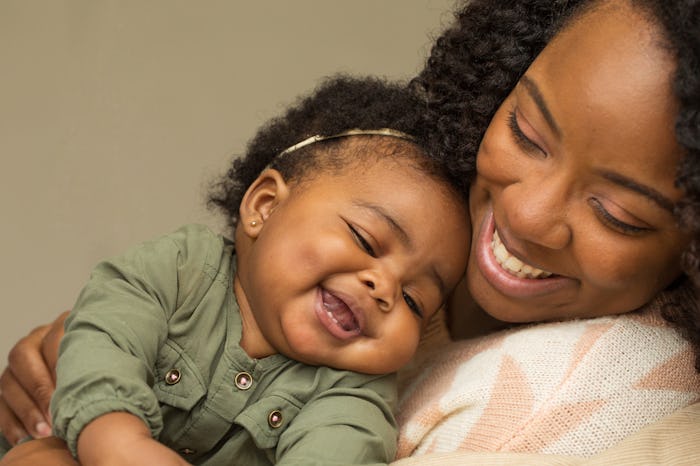Life
6 Interesting Things Parents Used To Do That We Should Bring Back
Parenting just seems to be more complicated now than it used to be. There's new technology and many more electronics to worry about, new ideas about the best approaches, packed schedules, and more. And while parents and other caregivers are just doing the best they can and doing what they think is the best thing to do, there are some interesting things parents used to do that we should bring back that might help take some of the heat off the parents and also have real benefits for the kids.
It used to be that kids typically weren't quite so scheduled and constantly entertained as they tend to be now. That's for a number of reasons and there are pros and cons to it. There's a balance and it's something that parents are constantly trying to find. To hear some of your older relatives and friends tell it, you might think that today's parenting leaves something to be desired, which can be seriously frustrating, since you're just doing what you think is best. Still, it might not be such a bad idea to bring back some of the things that parents did in the past. From learning to be alone to spending more time outside, here are a few of the parenting tips from the past that we should at least consider bringing back.
1Let Kids Play With Sticks, Rocks, Dirt, & Grass
While, of course, you don't want to let your kids play with anything that could seriously injure them or other people around them, playing with leaves, sticks, grass, and other things they can find outside might actually be beneficial. Angela Hanscom, a pediatric occupational therapist and the founder of TimberNook, told INSIDER that playing with sticks and other natural items can boost kids' creativity and help with muscular development.
2Tell Them To Keep It Down
In a post that she wrote for Parentdish U.K.'s New Old-fashioned Parent column, Liat Hughes Joshi wrote that rather than letting kids sing or shout, run around, or dance in public, parents should teach them to do these things at home and sit, walk, or speak at a polite volume while in public. Of course, if your kids have a medical or developmental need to move more or speak louder — or if they cannot control it — that's a different situation, but many kids should be able to sit for a little while. There's a time and place for running, shouting, and the like, and it's OK to tell your little ones that the middle of the Target aisle isn't the right place.
3Spend As Much Time Outside As Possible
When my sister and I were little, unless it was raining or the middle of winter, if we were at home, we were generally told to go outside. HuffPost UK reported that, in the 1920s, kids were supposed to spend practically all their time outside, including eating, napping, diaper changes, and other activities. You might not want to go that far, but spending more time outside might be a really good idea. Hanscom told INSIDER in the aforementioned article that playing outdoors can help with sensory and motor development, which is super important.
4Play Your Baby Classical Music
Though the so-called "Mozart effect," in which it was thought that playing babies classical music would make them smarter, probably isn't actually a thing, exposing your little one to classical music might still be a good idea. The Atlantic reported that researchers from Northwestern University's Auditory Neuroscience Laboratory found that learning how to play a musical instrument can help improve memory, attention, and communication skills.
5Expect Little Ones To Do Things For Themselves
Nowadays, parents tend to do a lot for their kids. And while that's not absolutely always a bad thing, it can be good for them in the long-run to do more for themselves. In the aforementioned piece by Joshi, she wrote that it's important for kids to learn how to do chores and other things for themselves because it can help instill these life skills before they absolutely need them later on when they're on their own.
6Let Them Entertain Themselves
It used to be that kids had to spend a large swath of time being alone and entertaining themselves. Now, between electronics, activities, and time with family and friends, kids aren't spending as much time without entertainment of some sort. Dr. Michele Borba, an expert and author on children, teens, and parenting, told Woman's Day that teaching kids how to spend time alone can help their creativity, critical thinking skills, and more, which they'll definitely need later on in life. Plus, it helps them get comfortable with being their own company. That's something that even some adults have a difficult time managing, so starting kids early can make it easier for them down the road.
Check out Romper's new video series, Bearing The Motherload, where disagreeing parents from different sides of an issue sit down with a mediator and talk about how to support (and not judge) each other’s parenting perspectives. New episodes air Mondays on Facebook.
